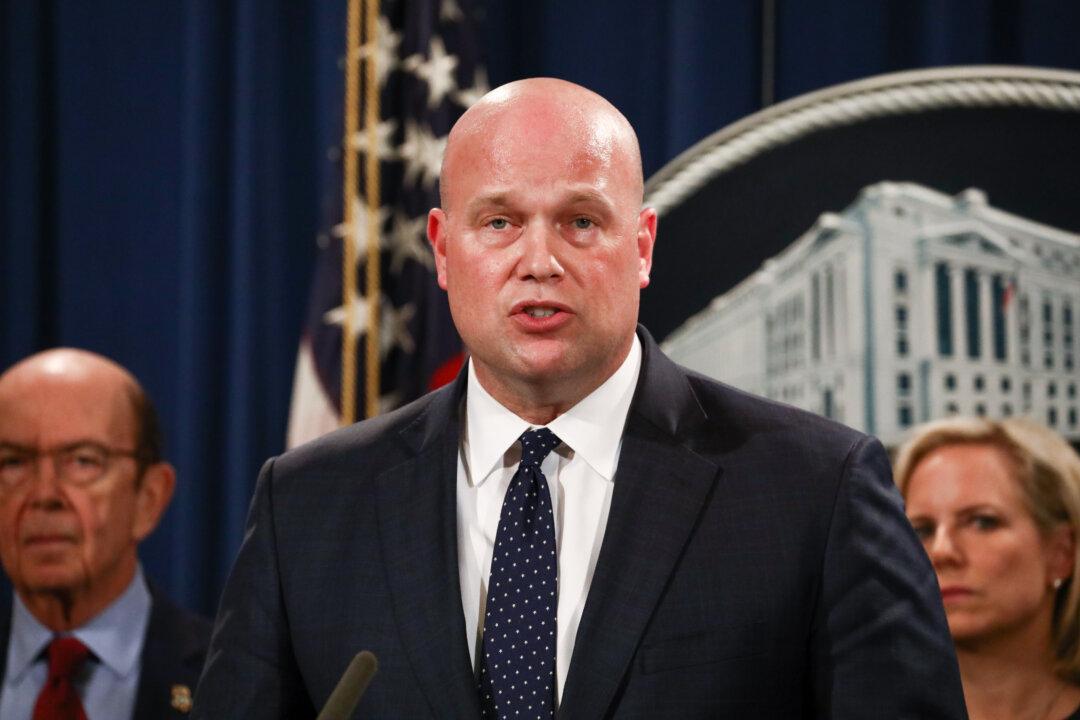WASHINGTON–Democrats on the U.S. House Judiciary Committee prepared a subpoena on Feb. 7 to compel acting Attorney General Matthew Whitaker to testify on Feb. 8, prompting Whitaker to say he would not appear unless the subpoena threat was lifted.
The committee’s Democrats want to question Whitaker about his oversight of special counsel Robert Mueller’s investigation of Russian interference in the 2016 election and his communications with the White House related to the probe and the firing of former Attorney General Jeff Sessions.





